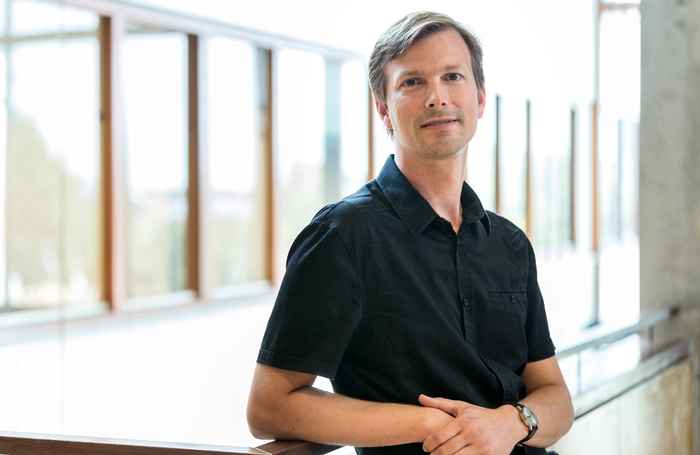Predicting the effectiveness of psychiatric treatment
Medicine
- Date
- 13 September 2019
- Time
- 16:00
- Location
- Aula - Lutherse kerk

Through trial and error, patients receive multiple treatments, with 25 to 40% of them in care for longer than a year. To change this and reduce the burden of disease and medical costs, we need to be able to predict the effectiveness of a treatment in advance. In his inaugural lecture, Guido van Wingen argues that using brain scans can make this possible.
Van Wingen shows how analysis techniques from artificial intelligence can detect patterns of brain activity, making it possible to predict with accuracy the success of a treatment. Several biomarkers for different psychiatric disorders and treatments have already been discovered. It has been shown that the degree of brain activity has an important predictive value. Although we still have a long way to go before this knowledge can be used in clinical settings, in the future psychiatric patients should be able to receive the care they need more quickly.
G.A. van Wingen, professor of Neuroimaging in Psychiatry: Voorspelbare hersenen
